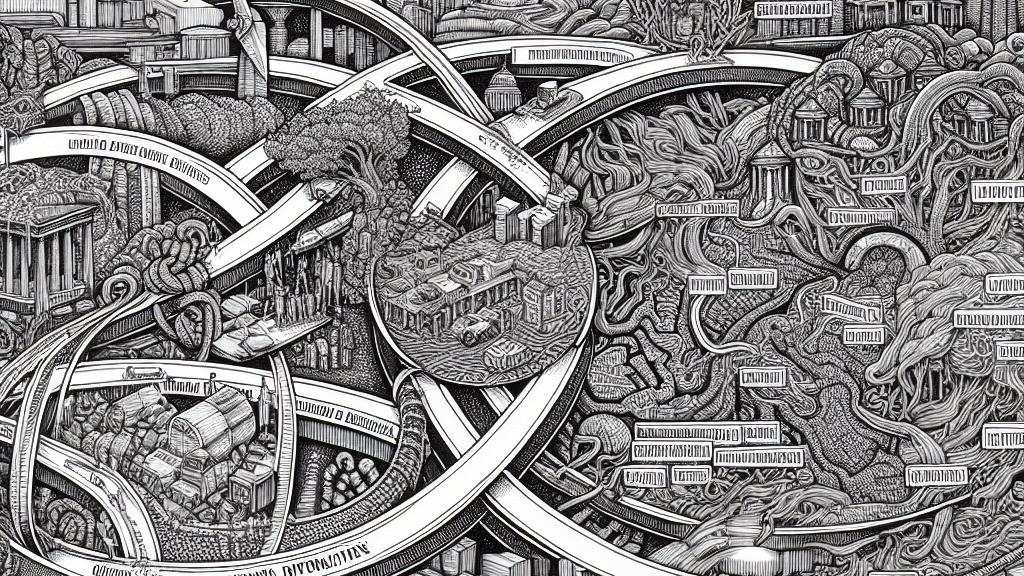Political Conspiracy Allegations in Malaysia
Overview
- Daim Zainuddin's wife alleges current investigations are politically motivated, framing it as a conspiracy.
- Prime Minister Anwar Ibrahim faces fierce criticism for purportedly targeting his political adversaries.
- The history of rivalry between Anwar and Daim creates a dramatic backdrop for Malaysia's political landscape.

Political Tensions in Malaysia
In Malaysia, a gripping saga unfolds, weaving together themes of rivalry, ambition, and betrayal. Recently, Naimah Khalid, the wife of former finance minister Daim Zainuddin, stirred the political pot by filing a police report that claims Prime Minister Anwar Ibrahim is orchestrating a politically charged attack against her husband. This allegation is not mere conjecture; it reflects deep-seated tensions within Malaysia’s political arena, where power struggles often overshadow the public interest. Anwar, once a close ally of Daim, has had a tumultuous journey to the prime ministership, marked by tumultuous relations and accusations that have shaped his narrative. With Saudi Arabia investing heavily in Malaysia's economy, the stakes are higher than ever, impacting the lives of everyday citizens. The evolving political climate in Malaysia serves as a vivid reminder of how ambition can both uplift and entrap.
Accusations of Corruption Probes
The investigations into Daim's finances reveal a pattern of allegations that have escalated over the past year. Authorities have charged him with failing to declare a staggering amount of assets, which raises eyebrows about the integrity of governance in Malaysia. Notably, Daim, alongside his wife, has outrightly denied any wrongdoing, declaring that these probes are merely weapons wielded by Anwar to eliminate his political rivals. Such claims paint a stark picture of a leader exploiting governmental authority for personal vendettas, stirring fear and disillusionment among the populace. For example, Daim described Anwar as a 'wolf in sheep’s clothing,' an evocative metaphor illustrating the alarming perception that promised reforms are simply thinly veiled maneuvers to consolidate power rather than genuine efforts for improvement. This growing narrative emits doubt concerning Malaysia's democratic integrity, as the public grapples with the potential misuse of state power for political gain.
The Struggle for Democratic Reform
In the midst of these swirling allegations, Anwar Ibrahim faces formidable challenges as he attempts to navigate his administration's reform agenda. Though his campaign vigorously advocated for anti-corruption measures, his strategic partnership with members of the scandal-laden UMNO party raises legitimate questions about the sincerity behind his reformist rhetoric. Furthermore, Anwar's efforts to appeal to a disenchanted Malay majority, which has grown increasingly skeptical of political elites, highlight just how precarious his position remains. The fragile balance between appeasing his coalition partners while staying true to his core promises exemplifies the uphill battle he faces. As conversations around national identity and unity gain traction, Anwar's potential to influence Malaysia’s democratic trajectory hinges on his ability to rise above these tumultuous challenges. The broader narrative illustrates that whether he emerges as a symbol of progress or a harbinger of further division depends primarily on his adeptness to balance reform with the reality of political power plays.

Loading...